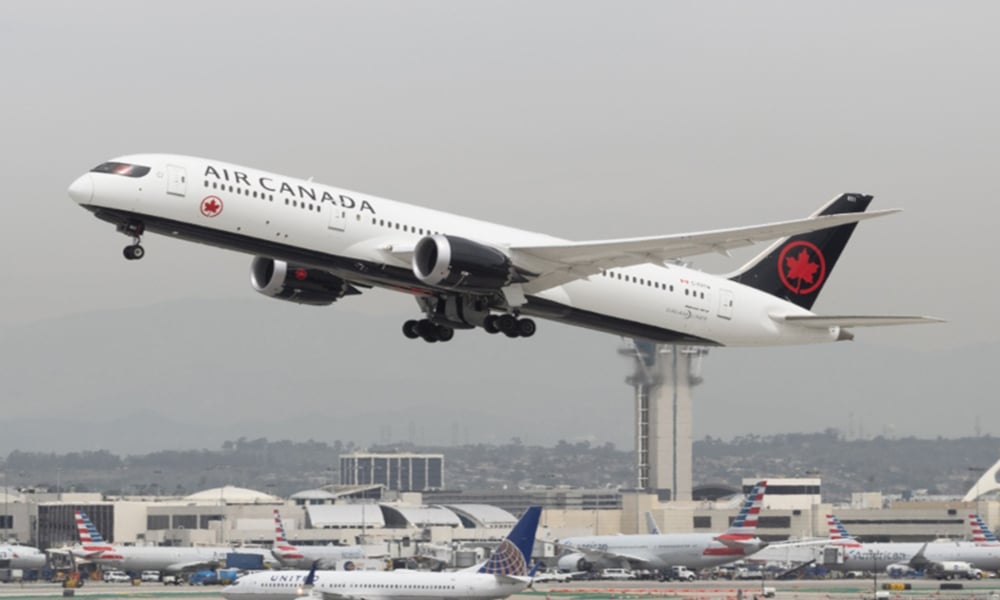Is Air Canada’s new schedule premature, or a sign that recovery is within our grasp?

Just last week, Air Canada announced a new summer schedule that includes 100 destinations in Canada, the U.S. and worldwide. In an attempt to quell any concerns, the airline is promising customers the choice of a travel voucher with no expiry date or to convert their booking into Aeroplan Miles (apologies if I sound like an ad).
It's also introducing Air Canada CleanCare+, “a comprehensive biosecurity program to reduce the risk of the spread of COVID-19 [that] works through multi-layered measures that limit unnecessary interactions, require the use of personal protective equipment and employ state-of-the-art cleaning techniques onboard our aircraft.”
The idea that an airline would be announcing these flight options would have seemed inconceivable just a few weeks ago. When we were in the darkest days of the pandemic – fingers crossed – the thought of getting on a cramped plane filled with stale air to spend hours in very close quarters with other travellers wasn’t even a consideration.
And, for me, it still is unsettling to consider such travel at this point. With many businesses still closed -- including malls, restaurants, bars, hair salons, dentists and doctors – and the streets filled with people wearing masks, trying to stay six feet apart, as they wait in line for groceries or hardware supplies, the thought of jetting off to Athens or Paris is far from my mind.
But as the economy reopens, and employers desperately look to boost revenues, what about business travel? Will quick flights from Toronto to Ottawa or Calgary to Vancouver come back in vogue as executives, salespeople and consultants decide an in-person meeting is crucial, despite the risks?
Earlier in May, travel management company BCD Travel surveyed 125 travel managers. While eight out of 10 expected some degree of travel to resume by the third quarter of 2020, the outlook was less optimistic for business travel: 62 per cent expect it to happen this year while 25 per cent are predicting the end of 2021 and 10 per cent think it could take even longer.
A similar note of caution was seen back in April when the Global Business Travel Association (GBTA) polled almost 1,000 member companies globally about the chances of employee travel once restrictions eased. It found 33 per cent expected “most” workers and 33 per cent expected “some” workers would be willing to travel. Thirteen per cent expected an unwillingness on the part of some (13 per cent) or most (two per cent) employees to travel.
On the other hand, the vast majority of GBTA member companies are using virtual meetings frequently (83 per cent) or occasionally (11 per cent) due to physical distancing concerns.
You have to wonder whether the advances in video technology, along with the huge surge in virtual meetings during the pandemic, has led to many skeptics adopting if not embracing the new approach.
We’ve seen the same escalation when it comes to virtual health or telemedicine, as employees connect with health-care providers for quick answers when office visits aren’t possible.
The element of convenience is a huge factor in all of this – aside from the fact that virtual calls and meetings are the only real option right now – but will that continue once the economy reopens and we reach a “new normal”? Employers, of course, would appreciate the considerable decline in expenses if business travel is curtailed for the immediate future.
Call me old-fashioned but still think the in-person meetups, the face-to-face sales calls and training sessions and conferences are more impactful than the virtual versions. While they get the job done, I’m predicting we’ll see a revival of business travel sooner than later because, after all, we’re human and that’s how we work best.




